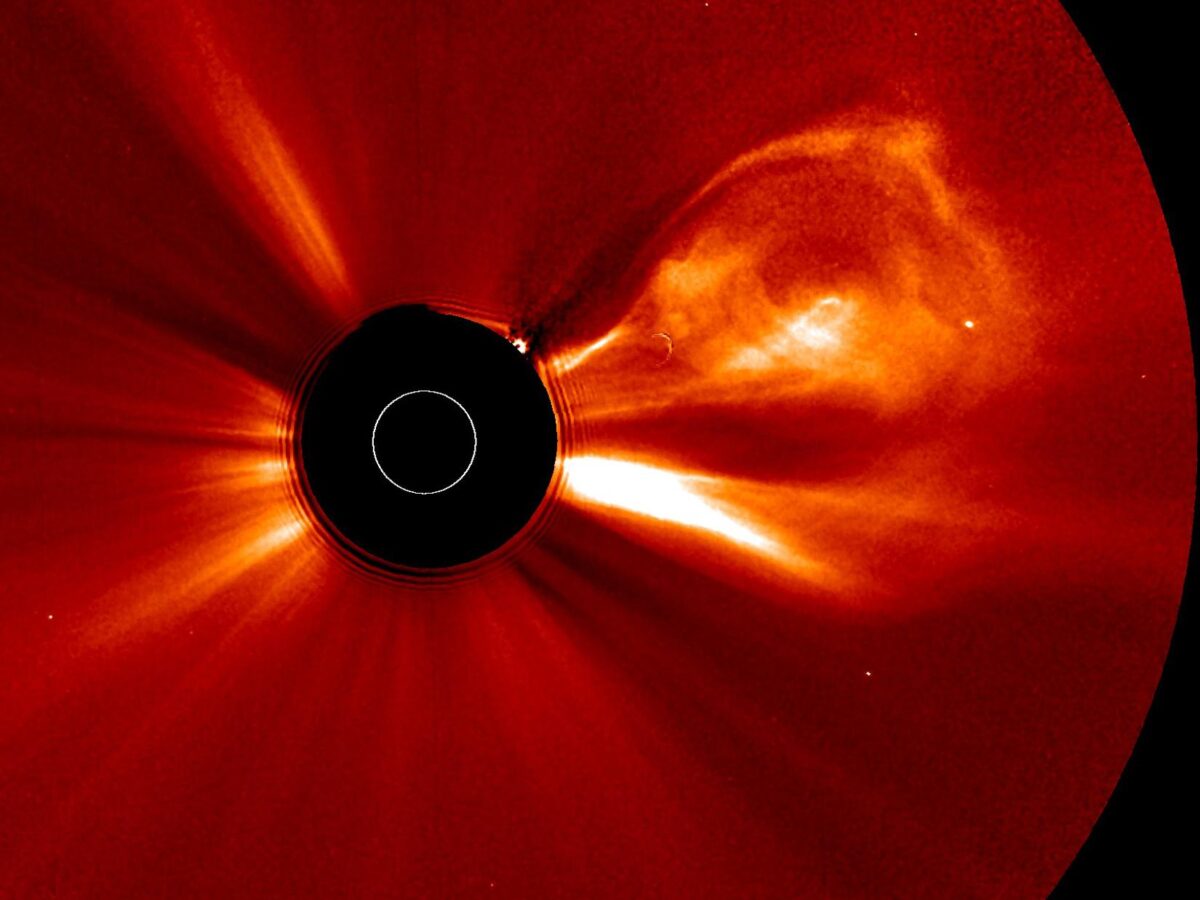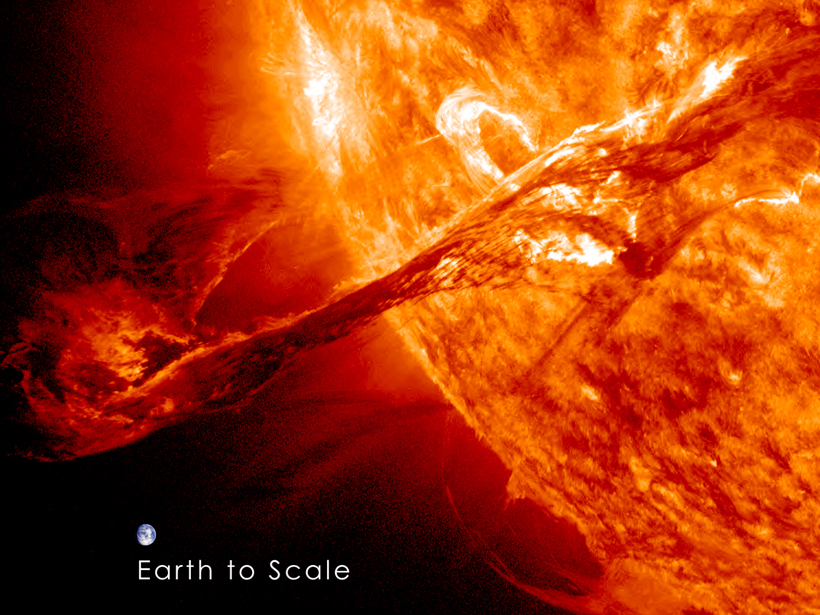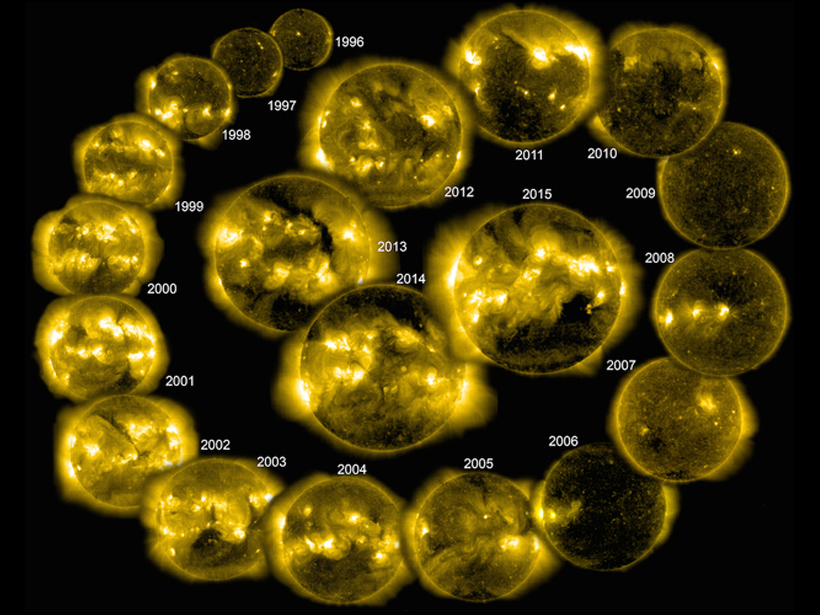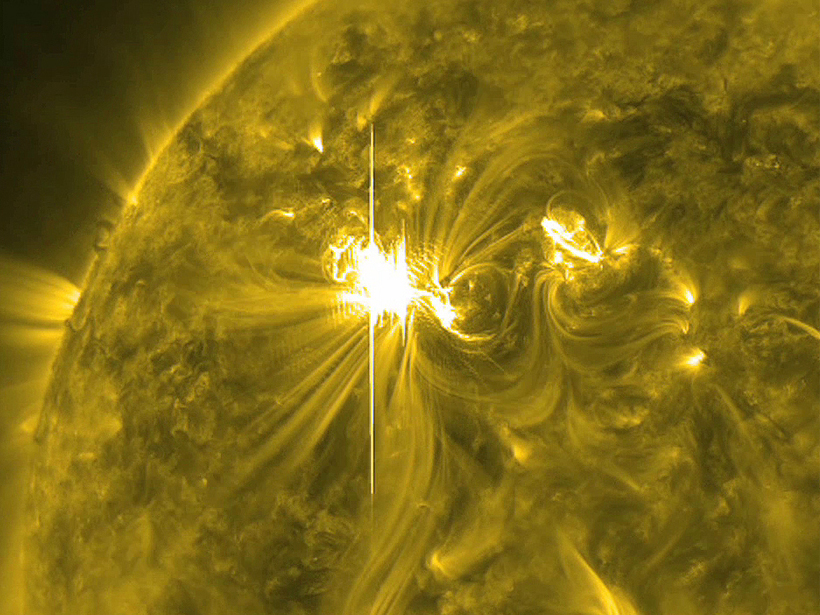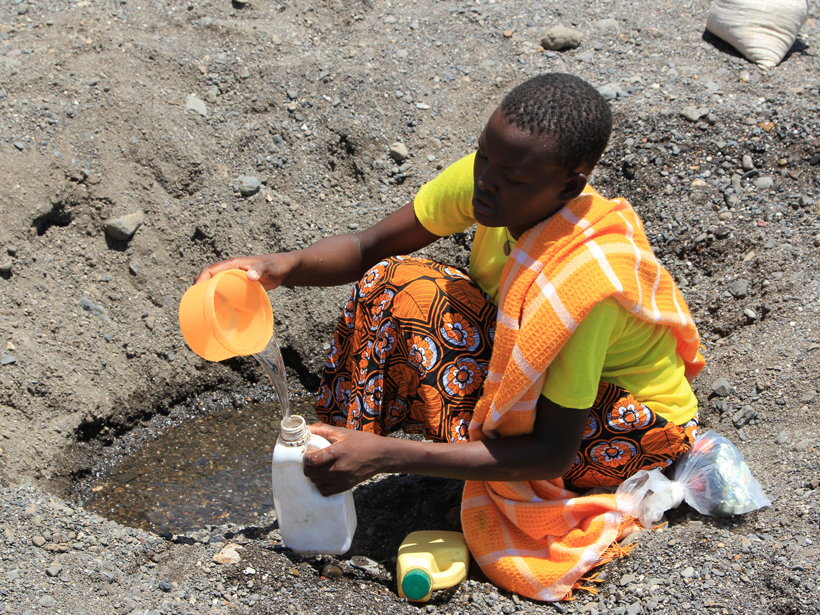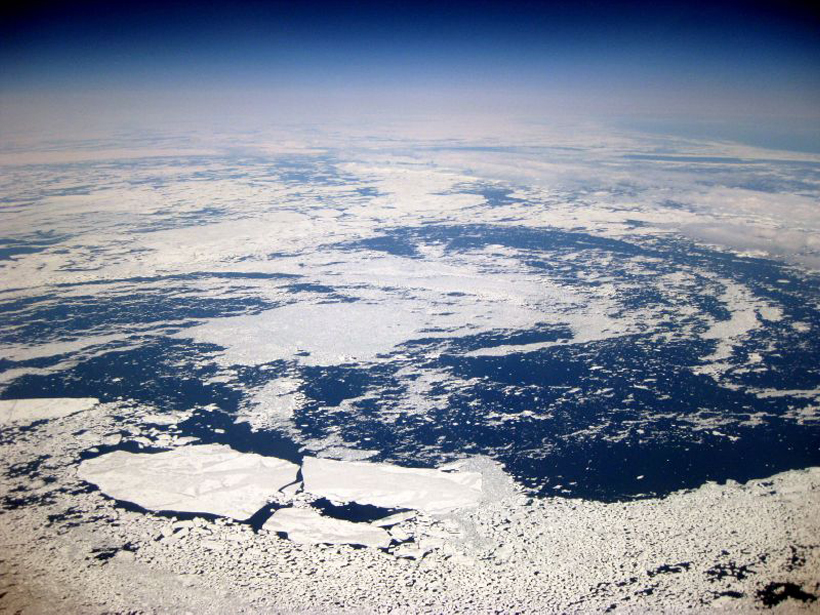Coronal mass ejection forecasting improves with technological developments and increasing availability of data.
forecasting
Could We Have Predicted What El Niño Would Bring?
Researchers take a retrospective look to see if precipitation and flooding due to El Niño could have been predicted a priori.
New Solar Wind Model Could Improve Space Weather Forecasts
Real-world data drive a simulation that successfully predicts Sun structures and interplanetary solar wind dynamics.
Sun's Magnetic Fields Best at Forecasting Solar Cycle Peaks
Models based on the Sun's polar magnetic fields performed best in simulating the solar cycle and predicting solar behavior.
Solar Storms Are More Predictable Than Hurricanes
An encouraging new study finds that solar storms don't propagate chaotically like hurricanes—their arrivals are more predictable, which should make it easier for our planet to prepare for them.
New Space Weather Forecast Technique Fails to Improve Forecasts
For years, scientists have proposed upgrading the National Oceanic and Atmospheric Administration's solar storm forecasts to account for their tilt as they streak toward Earth. But does it help?
New Model Predicts Big Solar Proton Storms
Forecasts of dangerous solar events could buy time for astronauts en route to the Moon or Mars.
Precipitation Data Key to Food Security and Public Health
2015 Global Precipitation Measurement (GPM) Mission Applications Workshop; Hyattsville, Maryland, 9–10 June 2015
Tsunami Forecast System Could Provide Early Warnings in Japan
New simulations show that an array of sensors mounted to the ocean floor can capture tsunami size and wavelength.
Atlantic Sea Ice Could Grow in the Next Decade
Changing ocean circulation in the North Atlantic could lead to winter sea ice coverage remaining steady and even growing in select regions.

